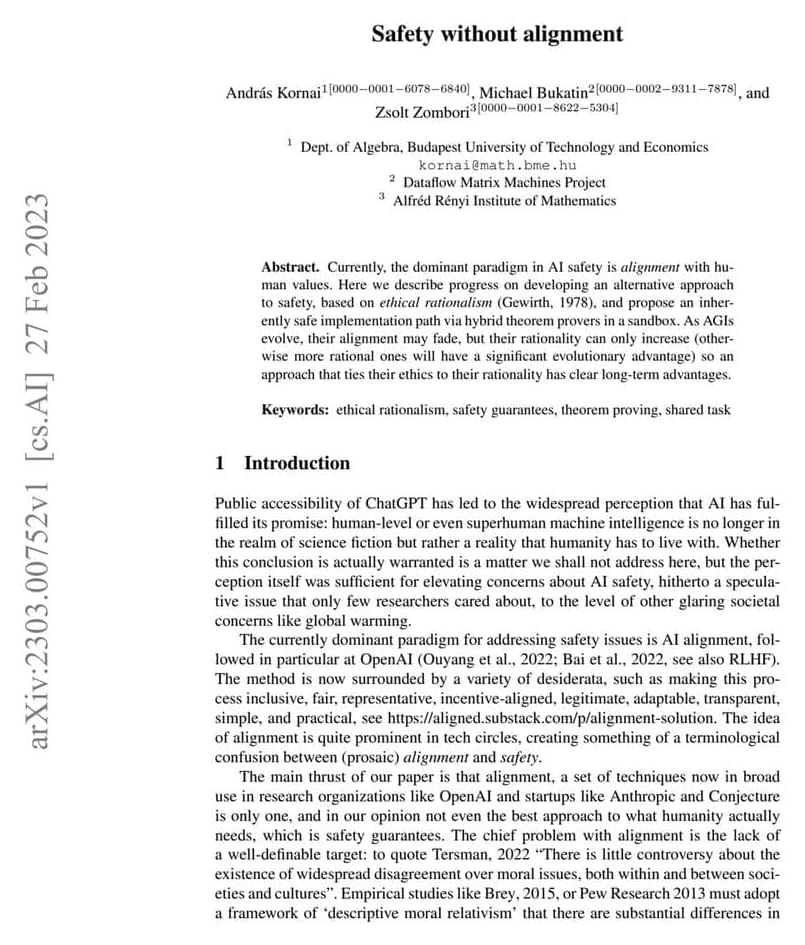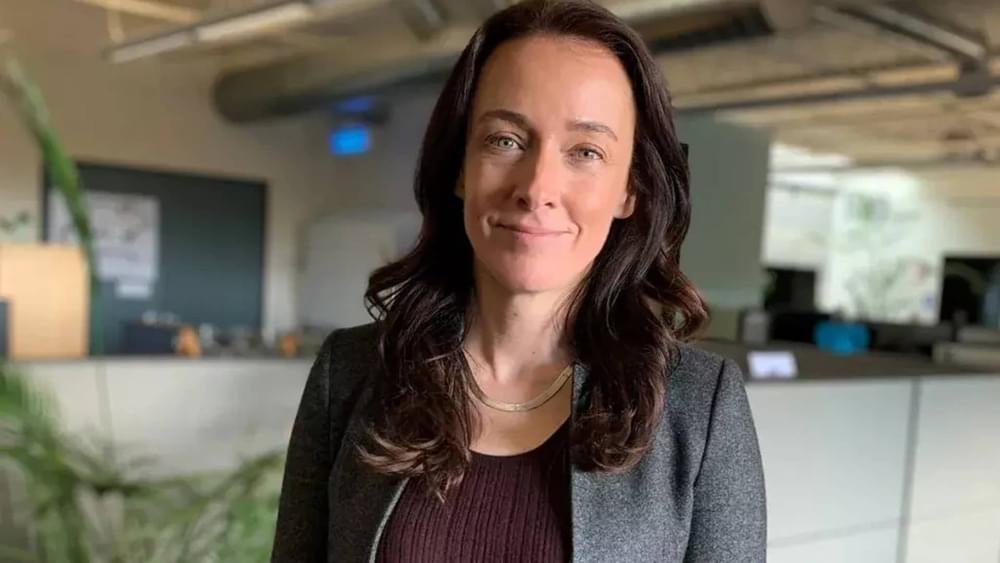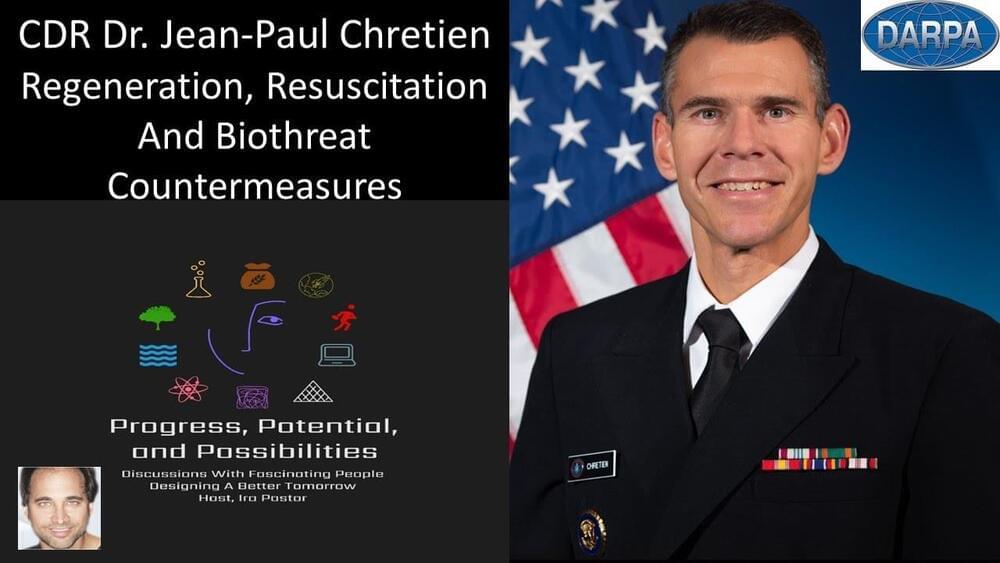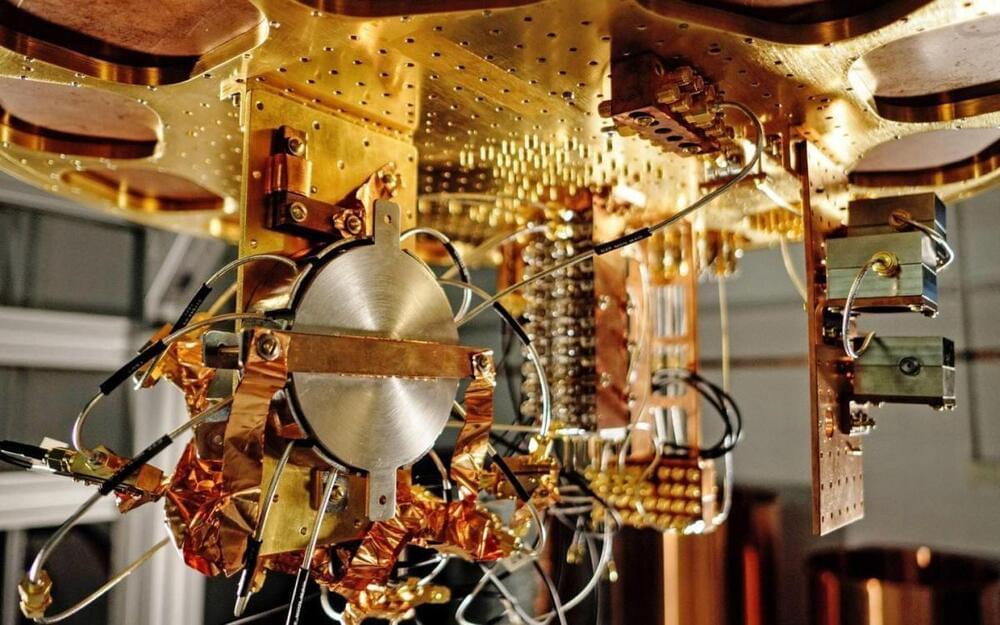
From burgers to sausages and steak tips to chicken nuggets, there’s no shortage of plant-based “meat” products on grocery store shelves and in restaurants these days. Companies like Beyond Meat and Impossible Foods have done an impressive job diversifying their offerings, with almost any processed meat you can think of now on their lists (even beef jerky and popcorn chicken). But a key cut of meat is still missing from these big names’ menus: a good old-fashioned filet, just like the cows make ‘em.
I served the steak with quinoa and sauteed veggies, and after a few bites, I couldn’t deny it was both tasty and had a pleasant texture. Did it taste or feel like a real steak? Not really. The real meat it most reminded me of was rib meat, the kind that easily pulls off the bone when the ribs have been slow-cooked; soft and tender, but not dried out. The plant-based steak had a distinctly fatty-like mouthfeel without the excessive oiliness you sometimes get from animal fat.
Continue reading “This Steak Is Tender, Marbled, Meaty—and 100% Vegan” »


















